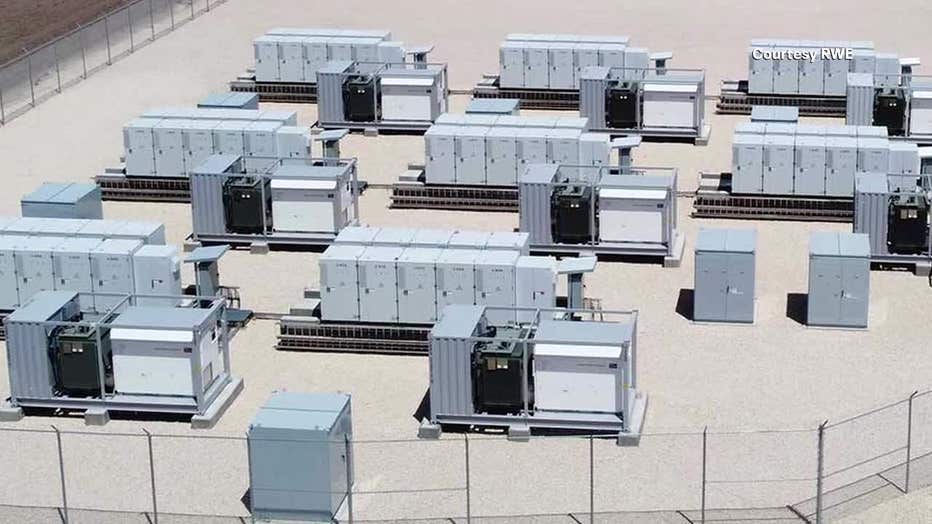Battery operators criticize ERCOT's proposed new policy to regulate the industry

Battery operators criticize ERCOT's proposed new policy
Battery operators say ERCOT's proposed new policy will prevent batteries from being able to be deployed when they are needed.
AUSTIN, Texas - Battery power helped keep the Texas power grid out of emergency conditions Wednesday night, but on Thursday, some battery operators were concerned about the state's plans to regulate the industry.
Battery operators said ERCOT's proposed new policy will prevent batteries from being able to be deployed when they are needed.
Officials are pointing to batteries as the future when it comes to keeping the lights on when emergency situations stretch the grid.
But some battery operators said the state's new plan to regulate the industry will be costly.
When power plants go offline and renewables, like wind and solar, are struggling, battery storage might be the future of protecting the Texas power grid.
That was illustrated Wednesday evening.
"We held up our side. Will ERCOT hold up the other?" Eolian LP COO Stephani Smith said.
Smith, who represents a company that operates storage batteries for the grid, argued before ERCOT's board of directors that a policy known as 1186 will hurt the up-and-coming industry.
"It will have a chilling effect on investment," Smith said.
Smith said the proposal requires battery operators to have more power than needed at any given time.
"This is like the government mandating a car have a 50-gallon tank for gas, but never allowing the fuel tank to go below half empty. The extra cost and weight are not valuable since the extra gas is not used," Smith explained.

She argued the proposal amounts to over-regulation.
"As a Texan, I grew up thinking over-regulation stifles market fundaments that allows that innovation. That is a core Texas value and I think 1186 runs afoul of that value," Smith said.
Dan Woodfin, ERCOT's vice president of system operations, said the proposal simply requires operators to have the amount of power ready that they agree to sell.
ERCOT officials acknowledged the critical role batteries played Wednesday night.
"They did great [Wednesday] night, helped a lot. We like batteries," a board member said.
Doug Lewin, author of the Texas Power and Energy Newsletter, said, under the new rule, it will make it harder for the state to utilize batteries in an emergency.
"Can you imagine the legislative hearing after rolling outages? And they're like, ‘Wait, you guys had batteries that still had juice, and you didn't use them,’" Lewin said. "But I think that speaks to the whole rushed nature of this thing. They put this on an urgent track. It hasn't had really the consideration it deserves."
Before the vote, Smith had a warning for the board.
"ERCOT is not getting the best out of batteries," she said.
"I would agree we are not getting the best out of batteries," said Woody Rickerson, an ERCOT staff member.
"This is a transition step, not permanent," another board member said
"It is for the next 3 years. It is a long transition, and it will be costly," Smith responded.
The ERCOT Board of Directors voted to re-examine a portion of the 1186 rule and PUC must also vote before the new regulation will take effect.

